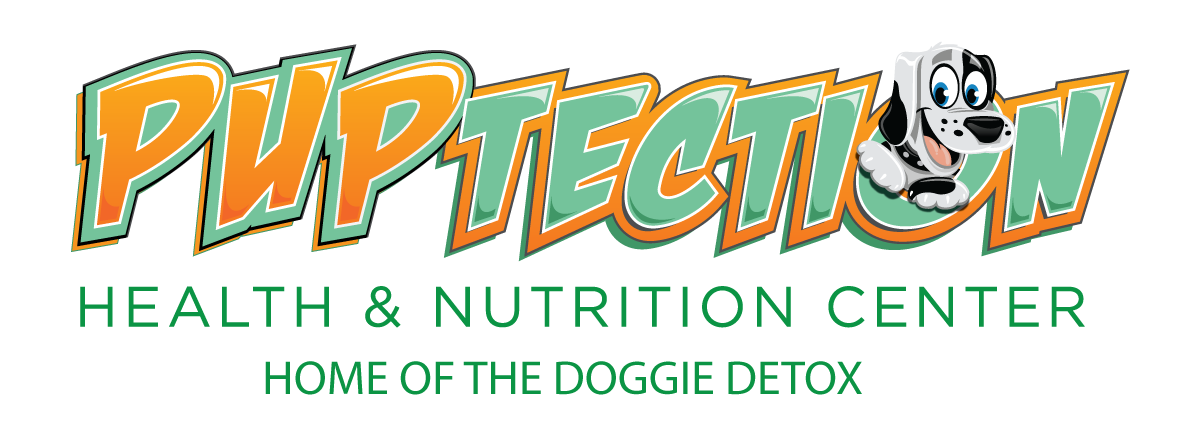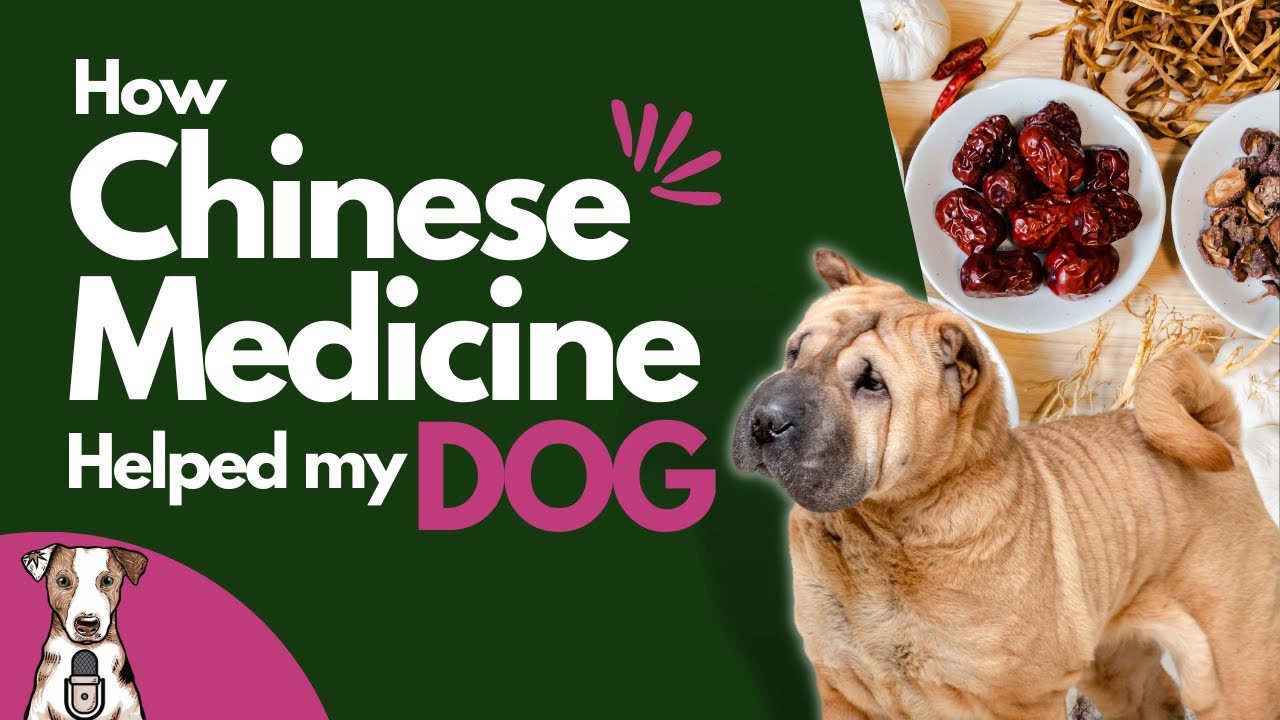

An Expert Dog Owner’s Guide
As a dog owner, ensuring your pet’s health and well-being is a top priority. One of the most common but often overlooked health issues in dogs is food allergies. Many dogs experience allergic reactions to commercial dog food without their owners even realizing it. Understanding the signs your dog is allergic to commercial dog food is crucial for keeping your pet happy and healthy. In this guide, I’ll walk you through the most common signs your dog is allergic to commercial dog food and what you can do about it.
What Causes Food Allergies in Dogs?
Food allergies in dogs occur when their immune system mistakenly identifies a certain food ingredient as harmful. This results in an allergic reaction, which can manifest through various symptoms. While any ingredient can cause an allergic reaction, certain components of commercial dog foods are more common culprits, including:
- Proteins (such as beef, chicken, lamb, or fish)
- Grains (like wheat, soy, or corn)
- Dairy products
- Artificial additives (preservatives, colorings, and flavors)
Commercial dog food often contains these allergens, which can lead to long-term issues for sensitive dogs. Recognizing the signs your dog is allergic to commercial dog food is essential for pinpointing the problem and finding a solution.
Common Signs Your Dog is Allergic to Commercial Dog Food
1. Itchy Skin and Excessive Scratching
One of the most common signs your dog is allergic to commercial dog food is excessive itching and scratching. If your dog seems constantly irritated, scratching at their ears, paws, or body, it could be a reaction to something in their food. Allergies often cause inflammation in the skin, leading to discomfort. In some cases, this scratching can lead to secondary infections if left untreated.
Key areas to watch:
- Ears
- Paws
- Underbelly
- Around the muzzle
2. Chronic Ear Infections
Dogs prone to food allergies often experience chronic ear infections. This is especially true for dogs with floppy ears like Cocker Spaniels and Golden Retrievers. If your dog’s ears are consistently red, inflamed, or emitting a foul odor, it may be a sign your dog is allergic to commercial dog food.
Symptoms of ear infections:
- Head shaking
- Excess ear scratching
- Redness or swelling in the ear canal
- Discharge or foul-smelling odor
3. Gastrointestinal Problems
Food allergies can wreak havoc on your dog’s digestive system. Some dogs may experience gastrointestinal distress when eating commercial dog food that contains an allergen. Signs your dog is allergic to commercial dog food can include:
- Vomiting
- Diarrhea
- Gas
- Constipation
- Loss of appetite
These symptoms can be intermittent or chronic, depending on the severity of the allergy. Dogs with food allergies might also experience bloating or discomfort after meals which are signs your dog is allergic to commercial dog food .
4. Chronic Licking or Chewing of Paws
Dogs with food allergies frequently chew or lick their paws excessively. This behavior is often a response to the itching and discomfort caused by inflammation in the skin, particularly around their feet. If you notice your dog constantly licking their paws, even when they seem clean and free from injuries, it could be a sign your dog is allergic to commercial dog food.
5. Hot Spots or Sores
Hot spots are localized areas of inflamed skin that become red, swollen, and painful. These spots often result from excessive licking, scratching, or chewing in response to allergic reactions. Dogs with severe food allergies may develop hot spots as their immune system tries to fight off the perceived allergen. These spots can be another sign your dog is allergic to commercial dog food and can lead to infection if not treated promptly.
6. Red or Watery Eyes
In some cases, dogs with food allergies may exhibit symptoms similar to environmental allergies, such as red or watery eyes. If your dog’s eyes are frequently irritated and there is no obvious environmental cause (such as pollen or dust), their diet could be contributing to the problem and may be another sign your dog is allergic to commercial dog food.
7. Frequent Flatulence
Dogs with food allergies may experience excessive flatulence as their body reacts to the allergens in their food. While occasional gas is normal for most dogs, frequent or unusually foul-smelling gas can be a sign your dog is allergic to commercial dog food.
8. Hair Loss or Thinning Coat
Severe allergic reactions can lead to hair loss or a thinning coat. This is often a secondary effect of chronic scratching or licking. Over time, the inflammation and irritation can damage hair follicles, leading to bald patches or a generally unhealthy coat. If you notice unexplained hair loss, it could be another sign your dog is allergic to commercial dog food.
9. Changes in Behavior
Dogs experiencing discomfort from food allergies may exhibit changes in behavior. They may become more irritable, lethargic, or seem depressed due to the ongoing discomfort. If your normally energetic dog seems uninterested in play or exercise, this could be a sign your dog is allergic to commercial dog food and is reacting negatively to something in their diet.
10. Swollen Face or Muzzle
In more severe allergic reactions, dogs may experience swelling in the face or muzzle. This type of reaction, called angioedema, can occur quickly after consuming an allergen. Swelling around the eyes, lips, and throat can indicate a serious allergic response, and immediate veterinary attention is necessary. This is one of the more severe signs your dog is allergic to commercial dog food.
How to Confirm if Your Dog Has a Food Allergy
1. Elimination Diet
An elimination diet is the most effective way to determine if your dog is allergic to a particular food. This involves feeding your dog a limited-ingredient diet made from novel proteins (such as venison or rabbit) and carbohydrates that they have never eaten before which could be signs your dog is allergic to commercial dog food.
Steps to follow for signs your dog is allergic to commercial dog food:
- Start with a basic diet of one protein and one carbohydrate for 8-12 weeks.
- Avoid treats, flavored medications, and other potential allergens during this period.
- Slowly reintroduce ingredients one by one to observe if any trigger a reaction.
If symptoms disappear on the elimination diet and reappear when a particular ingredient is reintroduced, that ingredient is likely causing the allergy.
2. Veterinary Testing
Some veterinarians offer food allergy tests that involve blood work or skin tests. While these can provide helpful insights, they are not always 100% accurate. The elimination diet is generally considered the gold standard for diagnosing food allergies.
How Puptection Can Help
At Puptection, we understand how stressful it can be to manage your dog’s food allergies. We specialize in providing high-quality, hypoallergenic dog foods that are free from common allergens like chicken, beef, grains, and artificial additives. Our carefully curated selection of dog foods includes options tailored specifically for dogs with sensitive stomachs and food allergies which could be signs your dog is allergic to commercial dog food.
Conclusion
Recognizing the signs your dog is allergic to commercial dog food is essential for maintaining their overall health and comfort. From itchy skin to chronic ear infections and gastrointestinal issues, food allergies can cause a wide range of symptoms in dogs. If you suspect your dog is suffering from a food allergy, consider an elimination diet or consult your veterinarian for guidance.
At Puptection, we’re here to help you navigate the challenges of food allergies and find the best possible nutrition for your dog. With our expert advice and selection of allergy-friendly products, you can ensure that your dog stays healthy and happy, free from the discomfort caused by food allergies and are signs your dog is allergic to commercial dog food.


